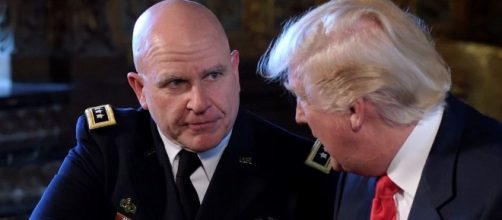In the wake of President Trump's recent globetrotting, it would appear that long standing US allies in Europe are looking for new paths for defense and development. During his trip to the EU Trump unleashed a haranguing of epic proportions at NATO headquarters. He chastised Nato Member States for a number of number of perceived grievances, but the ultimate loser may end up being the United States.
2 percent matters
One of Trump's biggest complaints to European allies is the failure of many NATO states to contribute 2 percent of GDP spending to the defense organization.
What is unclear is whether or not President Trump understands that the 2 percent target isn't mandatory, or even enforceable in any sense of the word.
The reason Trump is so fixated on the 2 percent contribution to NATO is likely a result of simple economics. At present, the gab between actual NATO contributions and the 2 percent target would amount to around $119 billion dollars, much of which would flow to U.S. government coffers in exchange for arms and other military spending.
Trump's weak hand
While President Trump is worried about money, the Europeans are far more concerned with national defense. The recent conflict in the Ukraine was a good example of how ineffective NATO and the U.S. are when it comes to repelling Russian aggression.
While the situation in the Crimea was somewhat unique, it is easy to see why a Russian land-grab would give European nations pause for thought.
In a recent speech President Trump made no mention of the mutual defense treaties, but if this is a tactic it may be poorly thought out. It is becoming apparent that the United States has to rely on ever more desperate measures to intimidate rivals. There are now three US naval carrier groups in the Korean peninsula, and North Korea has shown no signs of backing down.
A grey future
The mid 20th century mindset that saw the world as black and white has long disappeared. With complex multivariate conflicts like Syria, it is growing increasingly clear that the United States no longer has the ability to project power in the same way it did just a decade or two ago.
In recent weeks it has been rumored that China is willing to come to the aid of Assad, and this would likely end any chance of U.S. led regime change in the region. What is certain for the world going forward is that the U.S. is no longer in the position to dictate the political terms of engagement. Sadly for President Trump, he still appears to be working from an old worldview, and this may lead to very uncertain times indeed.


